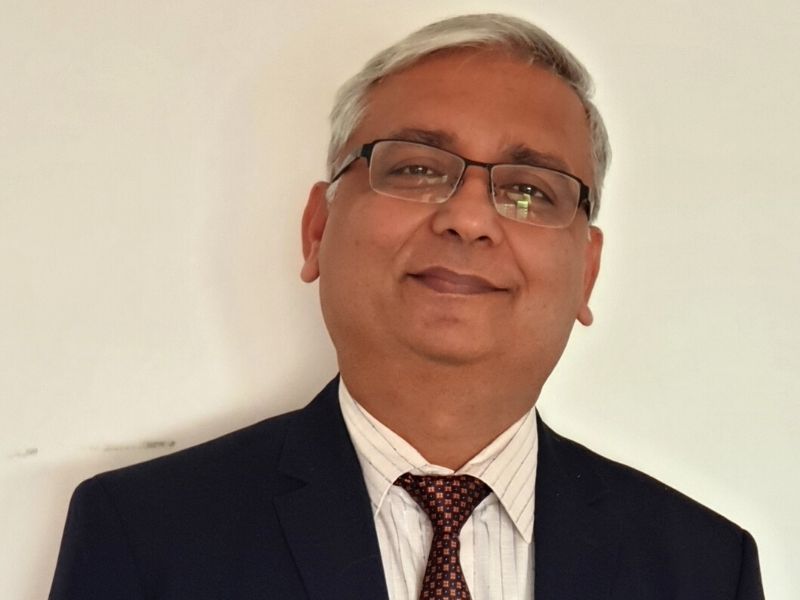 – Harish Sanduja, Director (Schools), Seth Anandram Jaipuria Group Of Educational Institutions, Ghaziabad
– Harish Sanduja, Director (Schools), Seth Anandram Jaipuria Group Of Educational Institutions, Ghaziabad
Financial literacy is the know-how to manage money smartly. Some people possess it more than others, but greater integration of the populace with the growing economy makes widespread financial education imperative for a better future for India.
Money is at the heart of financial education. To earn it, save it, wisely spend it, invest it, and use it for social security require informed financial decisions. People who are formally educated in financial streams, such as chartered accountants, investment bankers, stockbrokers, financial consultants, etc. know well how to manage and multiply money.
But can the same be said of the professionals in other fields like education, media, entertainment, sports, arts, agriculture, small businesses, and self-employed individuals?
A survey done by Standard and Poor’s Financial Services in 2018 revealed that less than one-fourth of the adult population in South Asia is financially educated. More than half of the population in Indian cities didn’t know how to use money credit facilities.
Things haven’t changed much over the two years, and estimates suggest that only 24 percent of India’s adults are financially literate today. This should change.
Also read: A chance to transform from high school students to financially responsible entrepreneurs
Why Is financial literacy important?
Financial literacy empowers an individual. It fosters an understanding of one’s financial resources and helps in decisions about budgeting, saving, investment, credit, debt, banking, insurance, pensions, etc.
Every individual, regardless of their profession, needs financial education for:
Financial Security: It involves setting one’s financial priorities right and inculcating a behaviour for savings to meet unexpected contingencies.
Smart Investment: A thorough knowledge of financial concepts and markets engenders confidence in an individual to select the right financial products and investment options to make money grow.
Social Status: Money defines social class. Financial education and the resulting money management ensures greater wealth, upward social mobility, and wider spending options.
Health Security: Health insurance is a great instrument of health security. Informed individuals can make smart policy choices to meet their expenses in times of a medical emergency.
Old-Age Security: Financially literate people plan better for their old age financial needs. They make smart use of provident funds, pension schemes and banking instruments to save for retirement years.
Also read: “Private education should focus on ethical wealth creation”
The RBI Initiative shows the way forward
The Reserve Bank of India (RBI) has set the right course. Its National Strategy for Financial Education (NSFE) 2020-25, launched recently, aims to boost financial education in India to inculcate smart saving and spending behaviour, and encourage greater investment in financial markets.
NSFE also acknowledges the central role that India’s education sector will play in achieving this aim. Studies suggest that a person’s financial outlook gets set by teenage. Therefore, it becomes incumbent upon the educators to take the lead in providing financial literacy to students in schools and colleges.
Going forward, the curricula needs to be realigned to give more space to financial education. It will not just create a financially literate generation but will have a trickle-down effect to empower the Indian economy in the decades to come.
The views, thoughts, and opinions expressed in the article belong solely to the author, and not necessarily reflect the views, thoughts, and opinions of EducationWorld.























